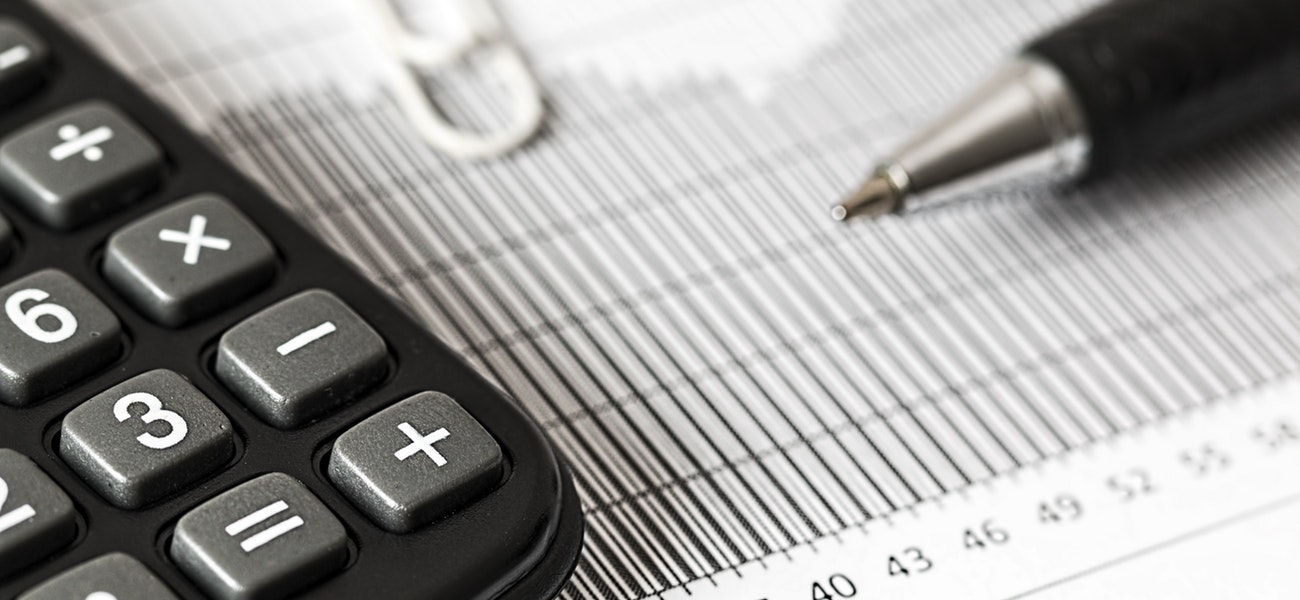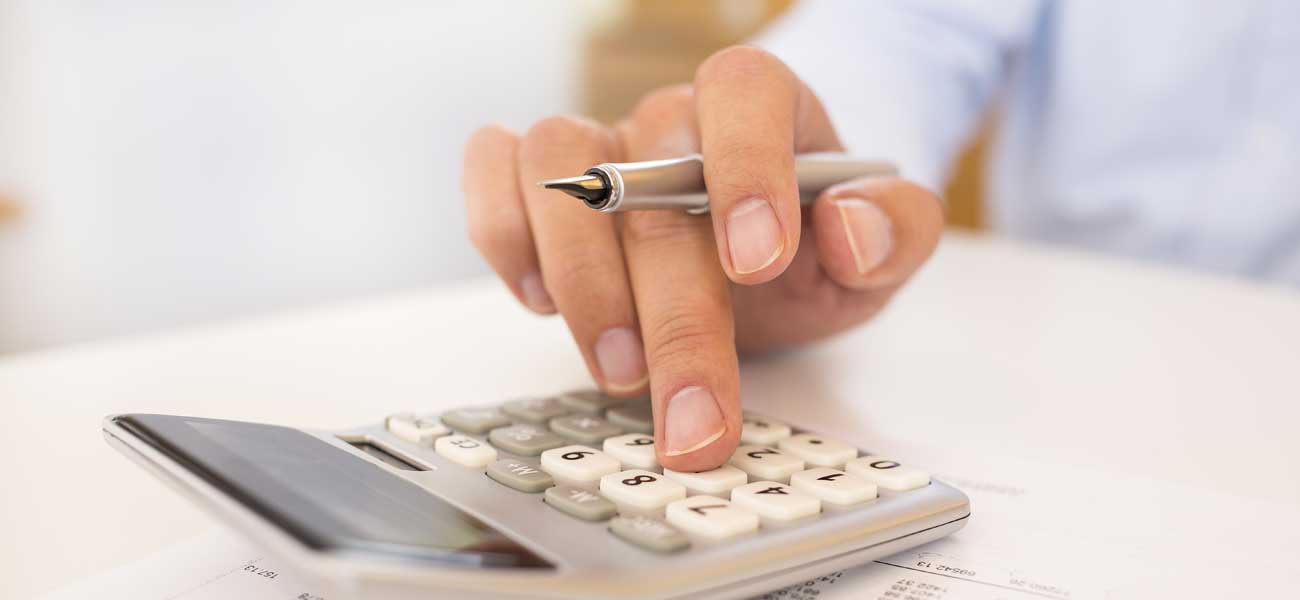Business Valuation
A business valuation is the process of determining a company’s economic value. Professional evaluators are typically brought in to determine the value of the business, using one or more valuation methods to arrive at an objective number.
When deciding to sell your business, it’s important to have an understanding of what your business is worth as you enter the M&A process. There are various ways to determine the value of a business, and various reasons to conduct a business valuation.
Here is a comprehensive overview of the business valuation process, including common valuation methods, when and why a valuation should occur, and things to consider following the outcome of a business valuation.
Business Valuation Methods

Asset Valuation
Your company’s assets include tangible and intangible items. Use the book or market value of those assets to determine your business’s worth. Count all the cash, real estate, stocks, options, patents, trademarks, equipment, inventory, and customer relationships as you calculate the asset valuation for your business.

Historical Earnings Valuation
A business’s gross income, ability to repay debt, and capitalization of cash flow or earnings determines its current value. If your business struggles to bring in enough income to pay bills, its value drops. Conversely, repaying debt quickly and maintaining a positive cash flow improves your business’s value. Use all of these factors as you determine your business’s historical earnings valuation.

Relative Valuation
With the relative valuation method, you determine how much a similar business would bring if they were sold. It compares the value of your business’s assets to the value of similar assets and gives you a reasonable asking price.

Future Maintainable Earnings Valuation
The profitability of your business in the future determines its value today, and you can use the future maintainable earnings valuation method for business valuation when profits are expected to remain stable. To calculate your business’s future maintainable earnings valuation, evaluate its sales, expenses, profits, and gross profits from the past three years. These figures help you predict the future and give your business a value today.

Discount Cash Flow Valuation
If profits are not expected to remain stable in the future, use the discount cash flow valuation method. It takes your business’s future net cash flows and discounts them to present day values. With those figures, you know the discounted cash flow valuation of your business and how much money your business assets are expected to make in the future.

